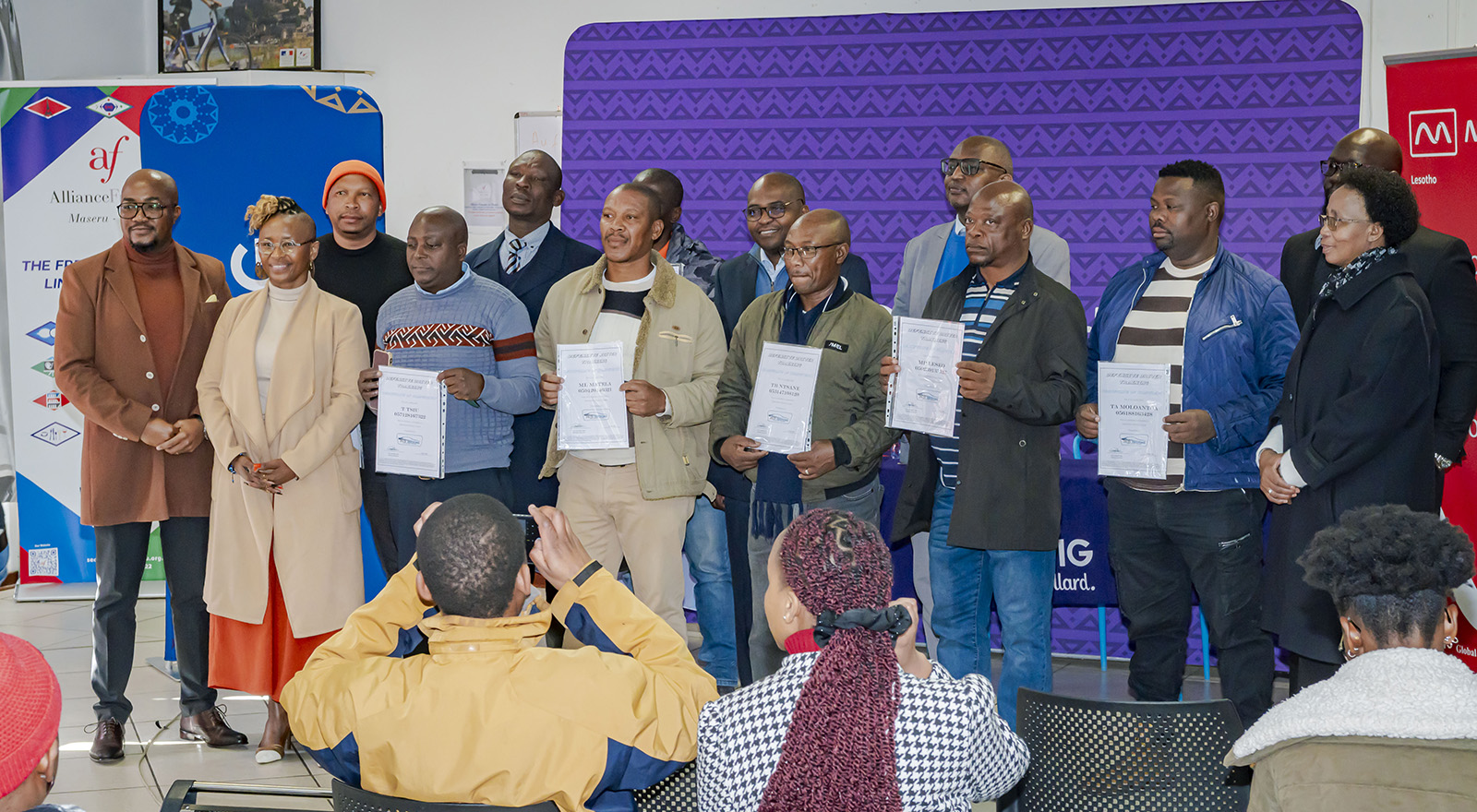Lesotho corruption under the spotlight, again

SHARE THIS PAGE!
The United Nations (UN) Human Rights Committee has raised alarm over the state of anti-corruption efforts in Lesotho, highlighting serious deficiencies in the country’s approach to tackling graft.
According to a report by the Office of the UN High Commissioner for Human Rights – released as part of Lesotho’s fourth Universal Periodic Review (UPR) that began on April 28 and concluded today in Geneva – the country’s anti-corruption agency, the Directorate on Corruption and Economic Offences (DCEO), remains hamstrung by inadequate resources, limited capacity, and significant financial constraints. These limitations undermine the DCEO’s operational independence and ability to fully address corruption.
The committee called on the government to urgently strengthen the DCEO by boosting its budget, enhancing its capacity, and safeguarding it from political interference. It also urged the adoption of good governance practices, transparency, and accountability across all sectors.
Of particular concern is the fact that a draft bill on the prevention of corruption and economic offences – formulated in 2019 to address institutional challenges – as yet to be passed into law.
“Lesotho must step up its efforts to prevent and eradicate corruption at all levels,” the committee noted, stressing the importance of implementing both legislative and preventive measures.
Lesotho currently ranks 99th out of 180 countries on Transparency International’s Corruption Perception Index (2024), with a score of 37 out of 100. Any score below 50 signifies widespread corruption.
Despite its shortcomings, the Lesotho government has reported some steps to bolster the DCEO’s efforts. These include establishing anti-corruption committees in all 10 districts with support from the European Union, aimed at improving community-level reporting.
Additionally, in June 2024, the DCEO, in collaboration with the United Nations Office on Drugs and Crime (UNODC) and the Asset Recovery Inter-Agency Network of Southern Africa (ARINSA), hosted a workshop to strengthen Lesotho’s regulatory framework against money laundering. Another workshop held in November 2024 targeted the judiciary, enhancing capacity to handle corruption and financial crime cases.
However, Lesotho still lacks a dedicated anti-corruption court. Corruption cases are typically initiated in magistrates’ courts before being transferred to the High Court, which further delays justice.
The information officer in the Ministry of Justice and Law, ‘Malesaoana Mohale, on Wednesday told theReporter she has not yet received the government’s official submissions to the UN committee.
Political analyst Leboela Motopi said the country’s battle against corruption is severely hindered by a lack of political will. “While there is widespread recognition – both locally and internationally – of the need to tackle corruption, meaningful action remains elusive,” she said.
Motopi blamed persistent political instability and weak governance structures for the lack of progress.
“Corruption deepens inequality, where public resources are diverted to serve the powerful, denying ordinary citizens essential services like healthcare, education, and social welfare.”
She emphasised the importance of an independent and well-resourced DCEO. “Only then can the agency gather solid evidence, conduct thorough investigations, and prosecute offenders without fear of reprisal. Independence from political interference is crucial for justice to prevail,” Motopi added.
The Member of Parliament for Lithoteng constituency, Rethabile Letlailana, echoed these sentiments in a recent interview with theReporter this week, accusing the government of shielding corrupt officials.
“Our leaders are tenderpreneurs who exploit state resources for personal gain. Corruption has become the norm,” he said.
Letlailana cited the controversial M184 million Moshoeshoe I International Airport tender, awarded to LSP Construction, which allegedly sub-contracted a company owned by the Minister of Public Works and Transport, Matjato Moteane. Multiple parliamentary committees recommended the project be retendered, and called for Moteane’s dismissal and the suspension of implicated ministry officials. None of these recommendations were implemented. Instead, the National Assembly went ahead and approved a new M108 million budget allocation for the project.
In another case, the Public Accounts Committee (PAC) revealed that in 2023, the Cabinet directed the Lesotho National Development Corporation (LNDC) to issue a M2 million loan to Lugys Manufacturing – despite the textile company’s failure to meet lending criteria.
Additionally, Trade Minister Mokhethi Shelile was accused of pressuring LNDC to extend a M10 million loan to Duty Free Sourcing Incorporated, a company deemed undeserving, to facilitate its access to the US market.
The few cases that have made it to prosecution also face delays. One such example is the theft of fertilizer worth M42,000 involving Peka MP Mohopoli Monokoane. The case has been stalled since March this year after the court was informed that the docket had mysteriously disappeared.
Former DCEO Director-General, Advocate Knorx Molelle, speaking during the signing of a regional anti-corruption Memorandum of Understanding with South Africa, Botswana, Eswatini, and Namibia, lamented that weak law enforcement and a dysfunctional justice system continue to obstruct the fight against corruption in Lesotho.
“Even when the DCEO investigates and submits cases to the courts, they often fizzle out for unclear reasons,” Molelle remarked. As Lesotho concludes its UPR in Geneva, these findings underscore the urgent need for systemic reform. Without meaningful action and stronger institutions, the cycle of impunity may remain unbroken.
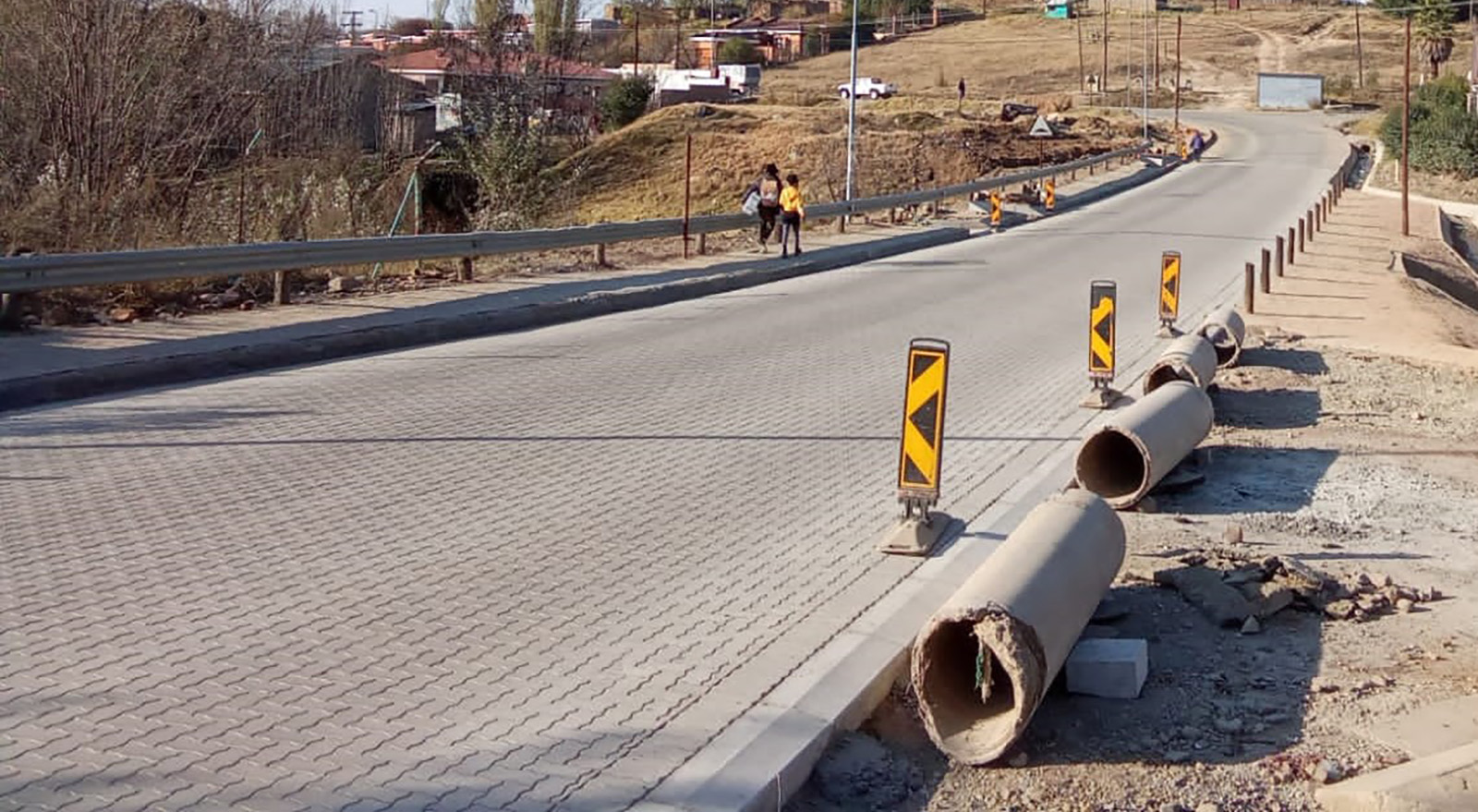

Breaking the silence on disability and GBV
12 days ago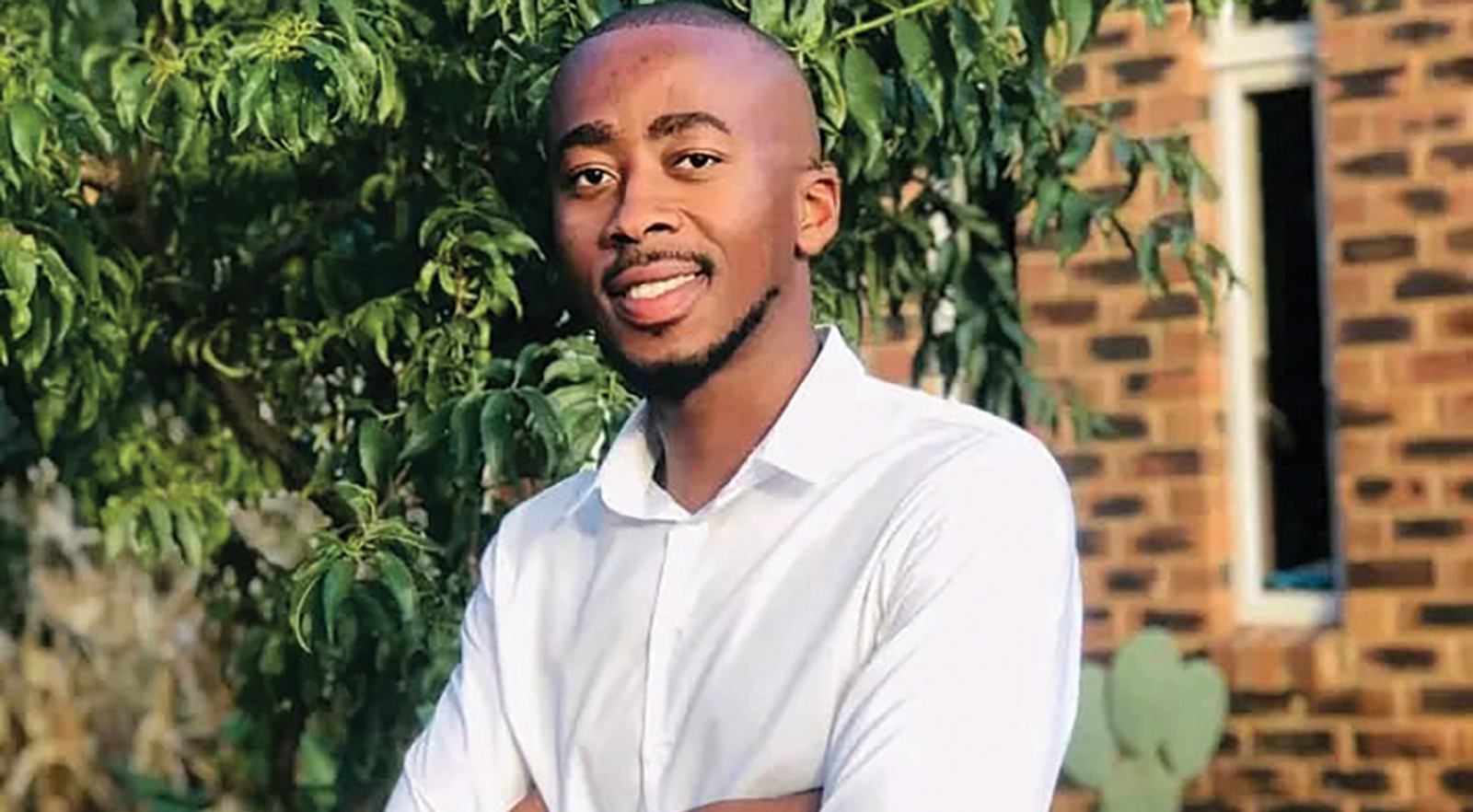
Cultivating mushrooms using agricultural waste
13 days ago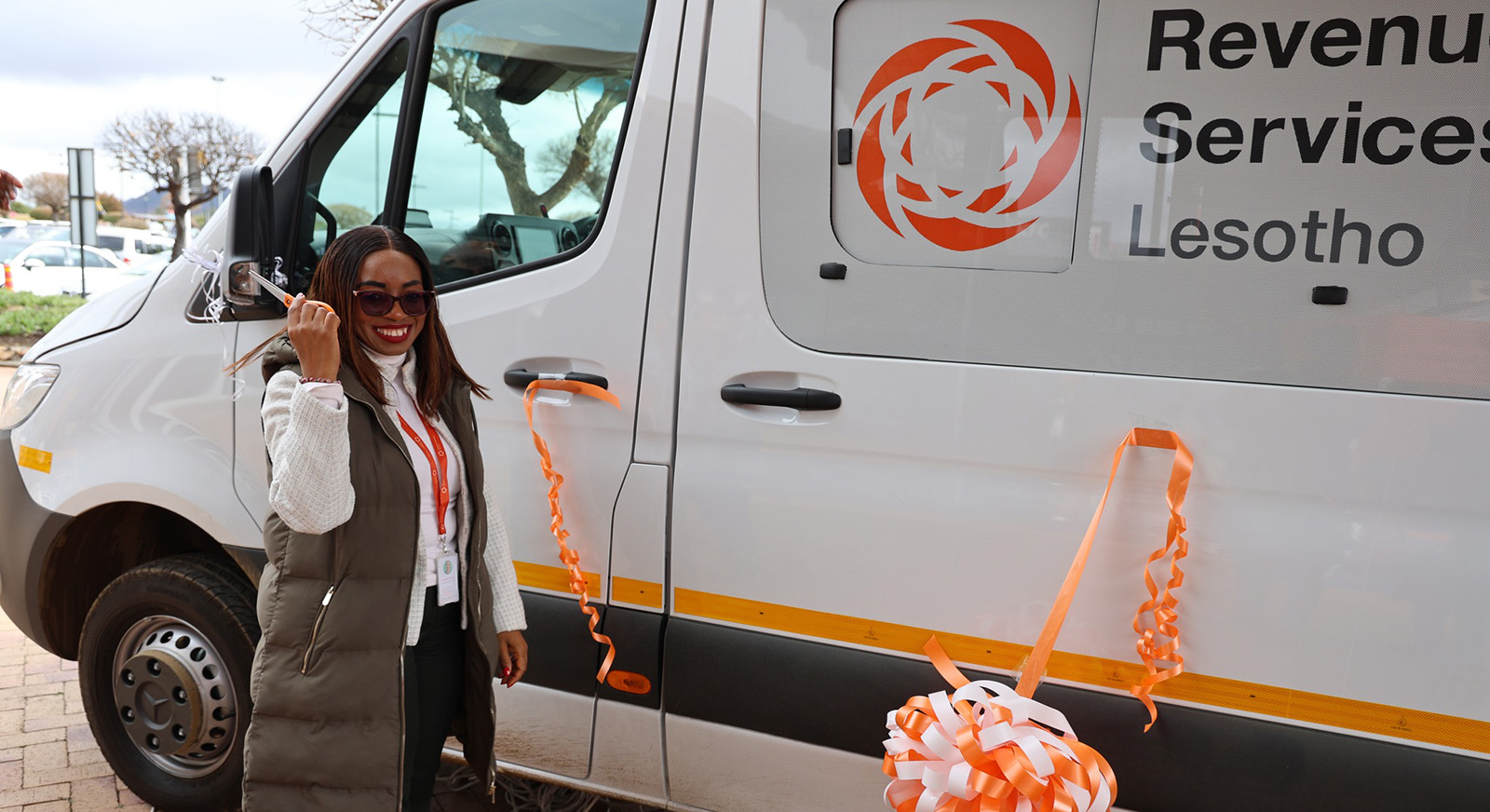
RSL launches mobile offices
14 days ago
Second TBM arrives in Lesotho
14 days ago
Man fined M2000 over ‘Hennessy’ rage
14 days ago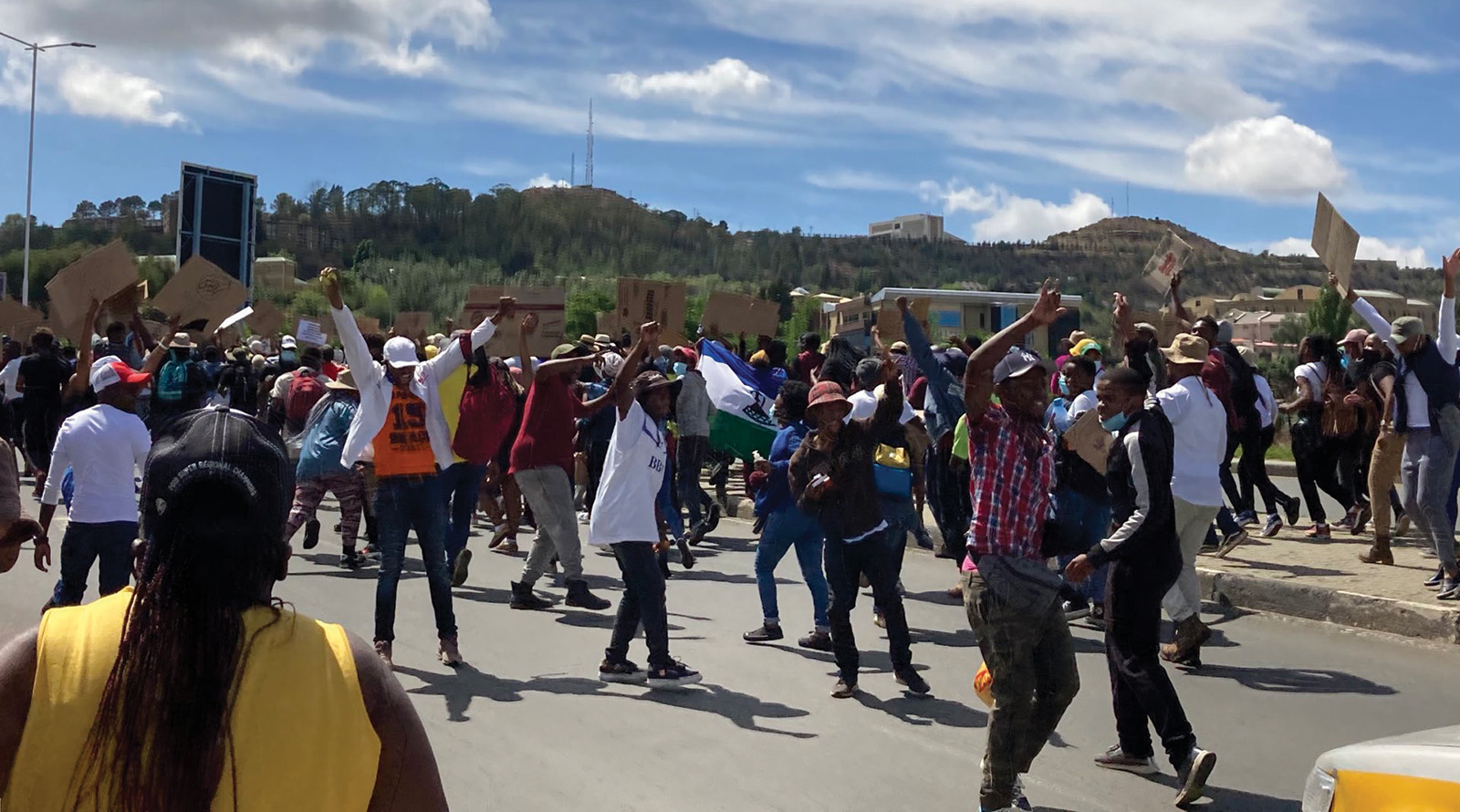
Youth accuse police of sabotaging protest
14 days ago
LCS officers demand standard salaries
14 days ago
Govt ordered to suspend vendors’ eviction
17 days ago